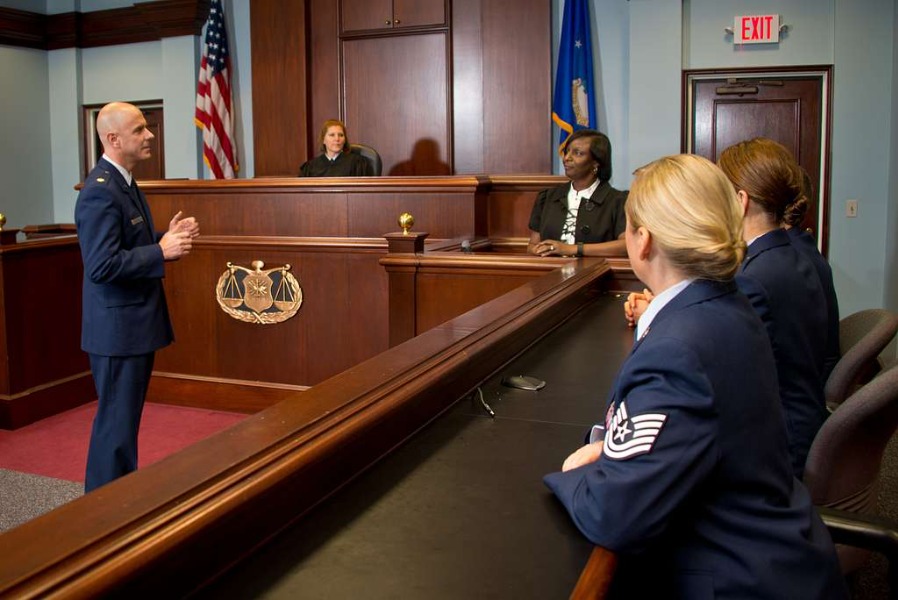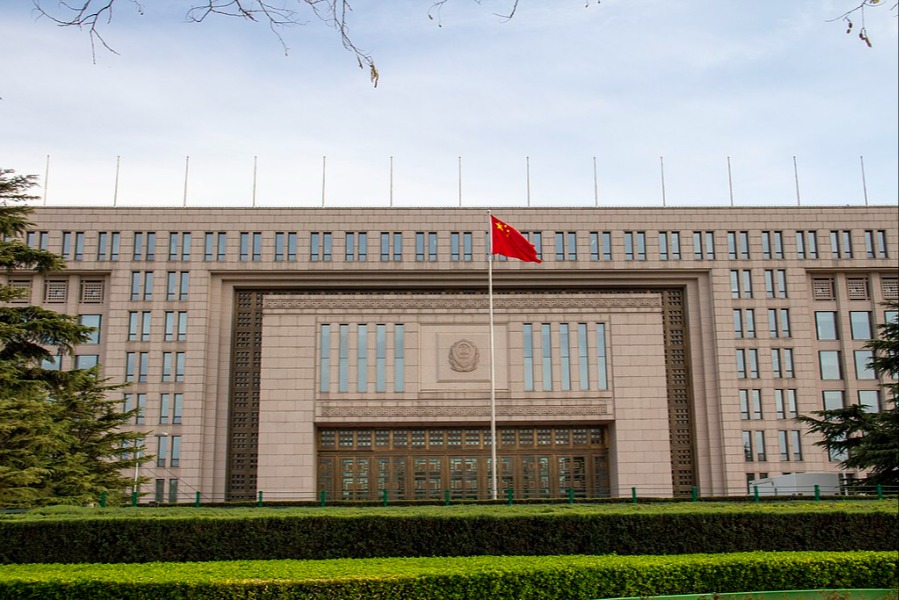Published by The Lawfare Institute
in Cooperation With

On Wednesday, Jack wrote in defense of Deputy Attorney General Rod Rosenstein's and FBI Director Christopher Wray’s efforts to rebuke the president’s demoralizing tweets about their agencies:
Rosenstein and Wray thus find themselves in a wholly unprecedented situation and very awkward position. For reasons I outlined Monday, they must defend their workforce from the President’s unprecedented attacks. But they must do so in ways that do not compromise the Mueller investigation or their role in it. The President deepens their dilemma every time he attacks the Justice Department and the FBI. Indeed, Trump certainly senses this, even if he does not fully understand it—his attacks on law enforcement invariably help him by making Mueller’s and Rosenstein’s and Wray’s jobs in connection with the investigation harder and more political.
Against this background, the general statements by the two men in the past two days—statements which were formally neutral even as they unambiguously underscored the integrity of the Justice Department and FBI in ways that were widely seen as responses to Trump—is about the most that we, or their workforces, can reasonably expect.
The attorney general and FBI director are not the only representatives with an important role to play here, however. In response to Trump’s attacks, Congress should also step up to demonstrate support for the embattled agencies. Today offers an opportunity to do exactly that. Director Wray is scheduled to testify at a House Judiciary oversight hearing this morning. Members who are committed to an independent FBI and who oppose the president’s attacks on the bureau should use the opportunity to help Wray out with the predicament Jack describes by giving Wray the opportunity to publicly defend his workforce without needing to proactively go after his own boss.
Congress is well aware of its role in defending an independent FBI. In May, Andrew Kent, Susan Hennessey and I wrote about the legislative history of the FBI director’s 10-year term limit and noted a 1974 committee report describing the legislation as: “a cautionary message to the President to the effect that whereas his power to remove a director is formally unlimited, nevertheless, by virtue of its power to ratify the appointment of a successor, the Senate retains a large measure of influence over this removal power and will tolerate its exercise for good reason only.”
While the Senate’s most powerful tool remains its advice-and-consent power over a nominee to replace a director, the House can still show support for the FBI’s independence and ask Wray to reaffirm his commitment to the same. To do so, the committee should dedicate a few questions at the beginning of the hearing to asking Wray questions about his workforce and his belief in the public perception of the FBI. No “gotcha” questions designed to generate the very dilemma that Jack describes above, but queries that allow Wray an opportunity to speak to the qualities of the individuals he supervises and the mission of the Bureau:
- What are the FBI’s standards of professional conduct?
- Do you believe FBI leadership enforces those standards?
- Do you believe the FBI carries out its mission in an unbiased fashion in accordance with both professional standards and the law?
- Do you believe the FBI is held in high esteem by the public?
At former Director James Comey’s June 8 testimony before the Senate intelligence committee, he concluded his prepared remarks by saying, “The FBI is honest. The FBI is strong. And the FBI is and always will be independent.” He went on to address his former colleagues: “It was the honor of my life to serve beside you, to be part of the FBI family, and I will miss it for the rest of my life. Thank you for standing watch. Thank you for doing so much good for this country. Do that good as long as ever you can.”
It is actually an important function of oversight, especially in this moment, to understand whether Wray is prepared to stand up for the integrity of his department, as Comey did—and not just in an email, but before the American public and its representatives. To ask that an FBI director stand by the work and people of his agency is not normally a rebuke of the President of the United States. If Wray is willing to do so, he can deliver a powerful message to the men and women of the FBI, Congress, the American people, and his own boss, all without ever uttering the word “Trump.”






